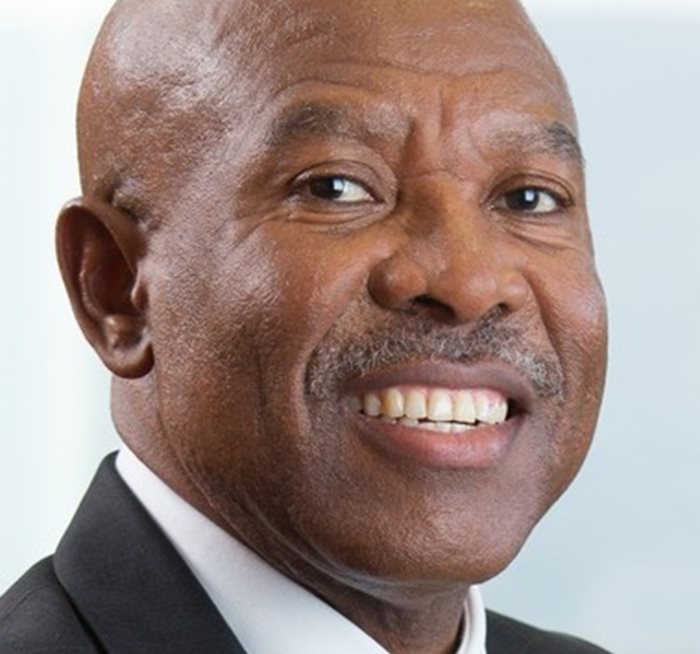Economic and financial conditions are expected to remain more volatile for the foreseeable future," Lesetja Kganyago, the South African Reserve Bank governor said.

Source: World Economic Forum. Lesetja Kganyago, the South African Reserve Bank governor.
He was speaking on the back of the Monetary Policy Committee decision to increase the repurchase rate by 50 basis points to 4.75% per year, with effect from today (20 May 2022).
He said the bank's GPD forecast for 2022 has been revised down to 1.7%, from 2% following the MPC meeting in March.
Four members of the committee preferred the announced increase and one member preferred a 25 basis point rise in the repo rate.
Short-term factors playing into the decision included flooding in KwaZulu Natal and the continued electricity supply constraints
There were those in attendance at the MPC media briefing who referred to the repo rate hike as "aggressive" while others said the decision did nothing to assist consumers already burdened with price hikes in fuel, food and basic commodities.
Fuel-price inflation at 31.2%
Kganyago said South Africa's commodity price basket is forecast to rise by 9.5% for the year as a whole (up from 8.0%), keeping the terms of trade elevated before gradually falling in 2023 and 2024.
"As a result of higher global food prices, local food price inflation is also revised up and is now expected to be 6.6% in 2022 and 5.6% in 2023. Food price inflation is forecast to rise to 4.2% in 2024," he said.
"Oil prices are revised up further for this year and fuel-price inflation is higher at 31.2% (up from 26.1%) ."
Local electricity price inflation is unchanged at 11.0% in 2022, 9.2% in 2023, and 10% in 2024.
The impact of global factors
The MPC's decisions were set against the backdrop of various global negative factors including the worldwide transmission of the Omicron variant, China's response to the new Covid-19 outbreak, the Russia-Ukraine conflict and the impaired production and trade of a wide range of energy, food and other commodities as a result of the war, which is expected to continue to do so for some time.
"In this uncertain environment, policy decisions will continue to be data dependent and sensitive to the balance of risks to the outlook. The MPC will seek to look through temporary price shocks and focus on potential second-round effects and the risks of de-anchoring inflation expectations," Kganyago said.
"Current repurchase rate levels reflect an accommodative policy stance through the forecast period keeping financial conditions supportive of credit demand as the economy continues to recover. The Bank has ensured ensured adequate liquidity in domestic markets and will continue to closely monitor funding markets for stress."
Isana Cordier 16 May 2022 "Better anchored expectations of future inflation could support lower interest rates and can be realised by achieving a prudent public debt level increasing the supply of energy, moderating administered price inflation and wage growth in line with productivity gains.
"Such steps will advance the effect of monetary policy and its transmission to the broader economy."
The implied policy path of the Quarterly Projection Model, given the inflation forecast, indicates gradual normalisation through to 2024.
Read the full transcript of governor Kganyago's speech here:

















































